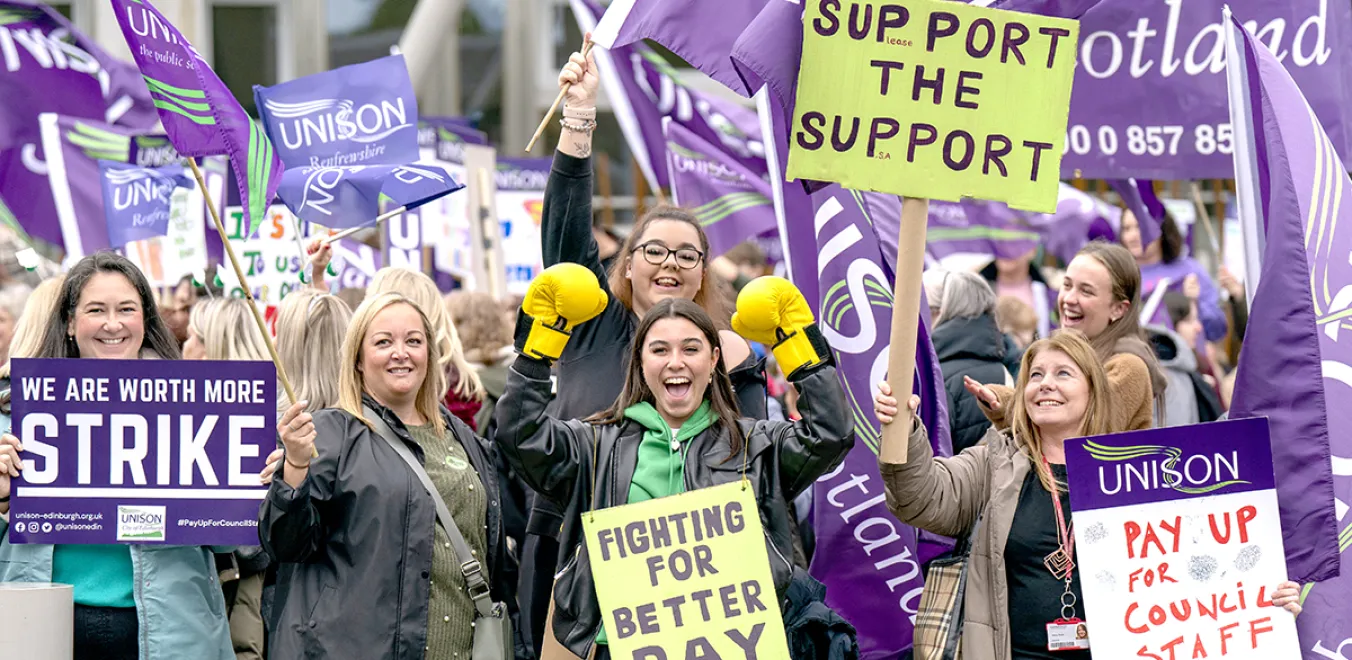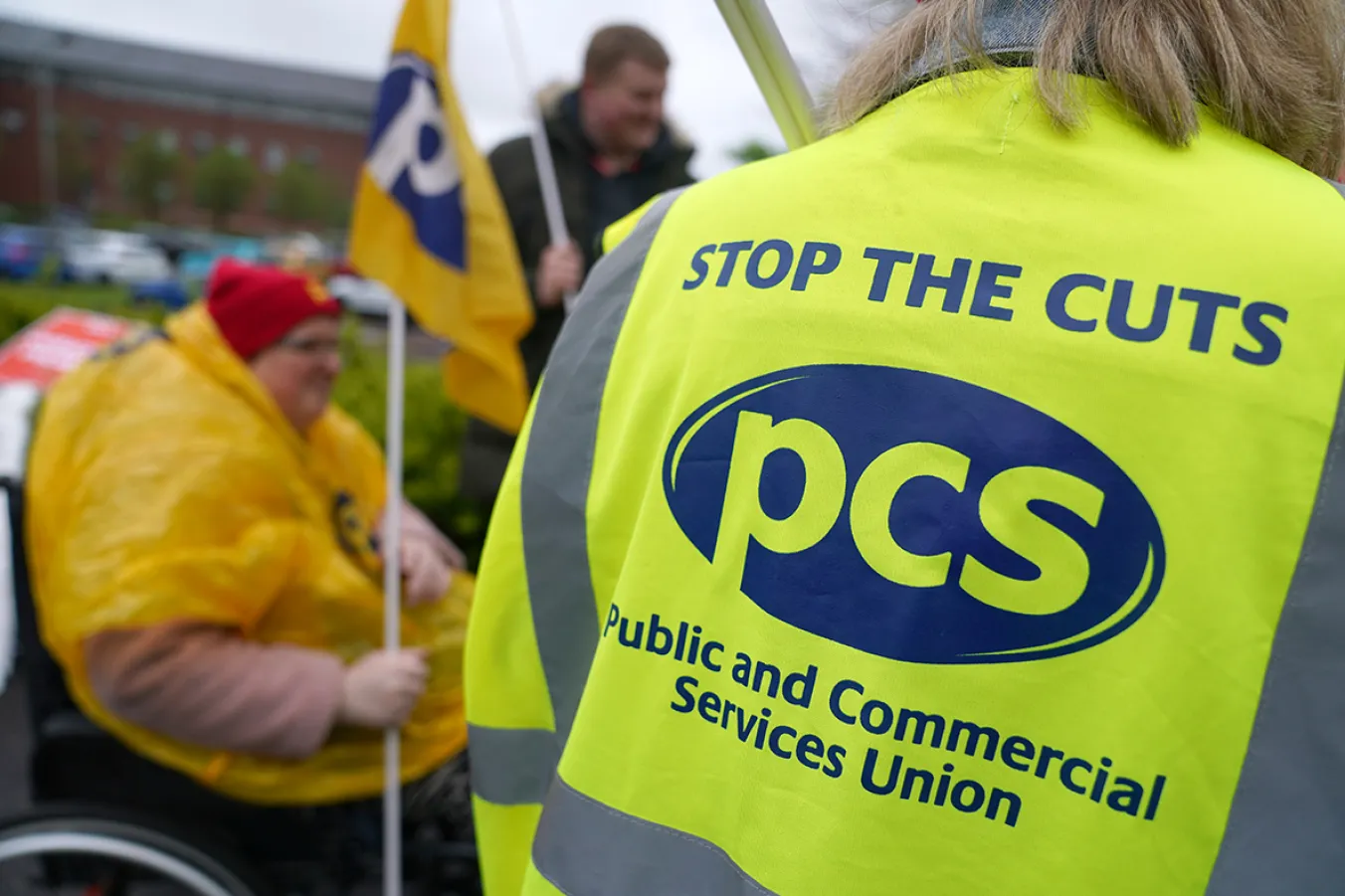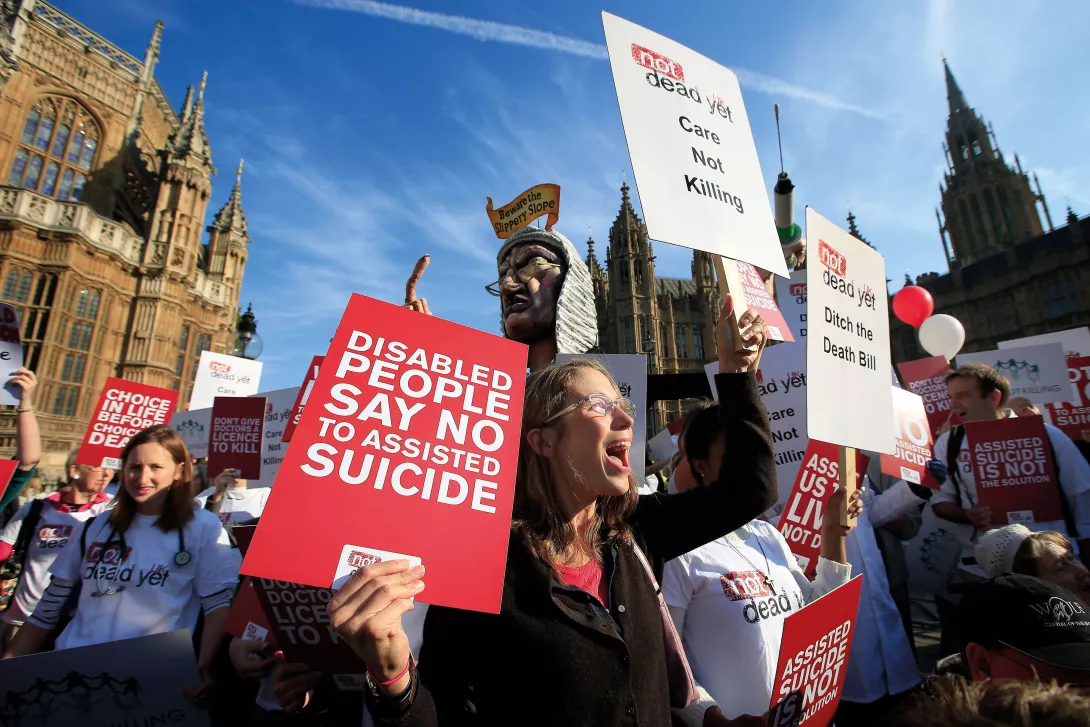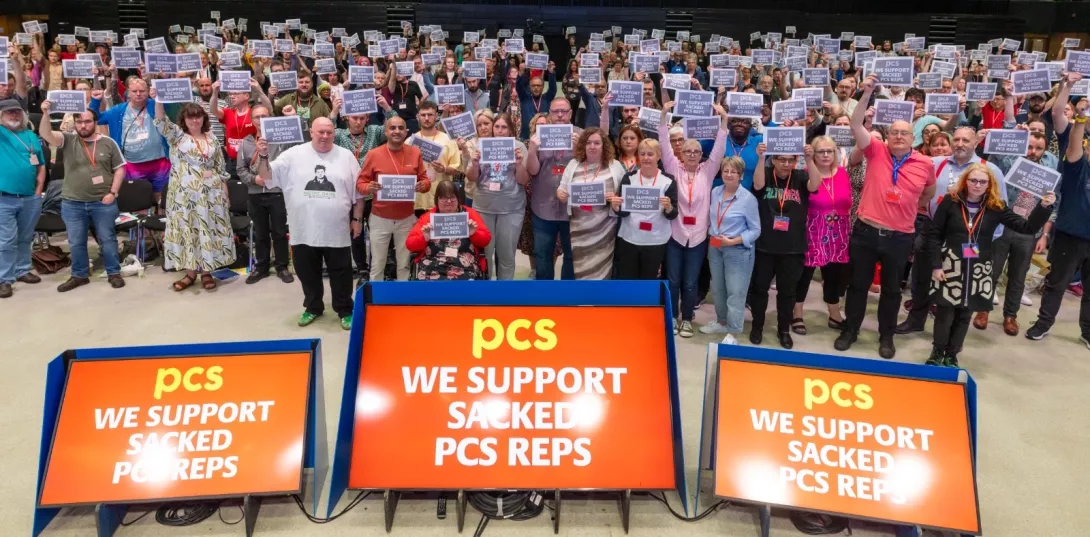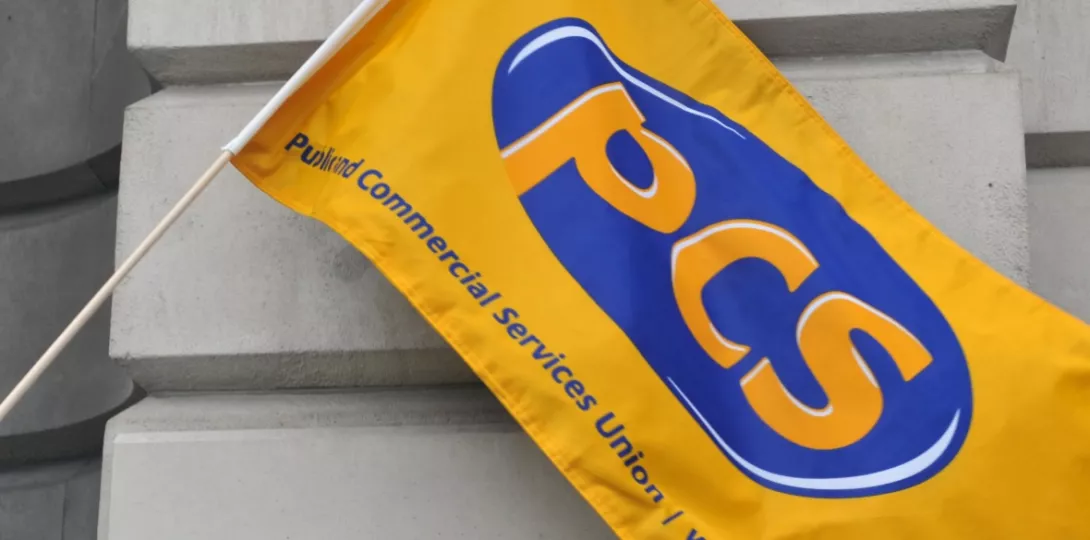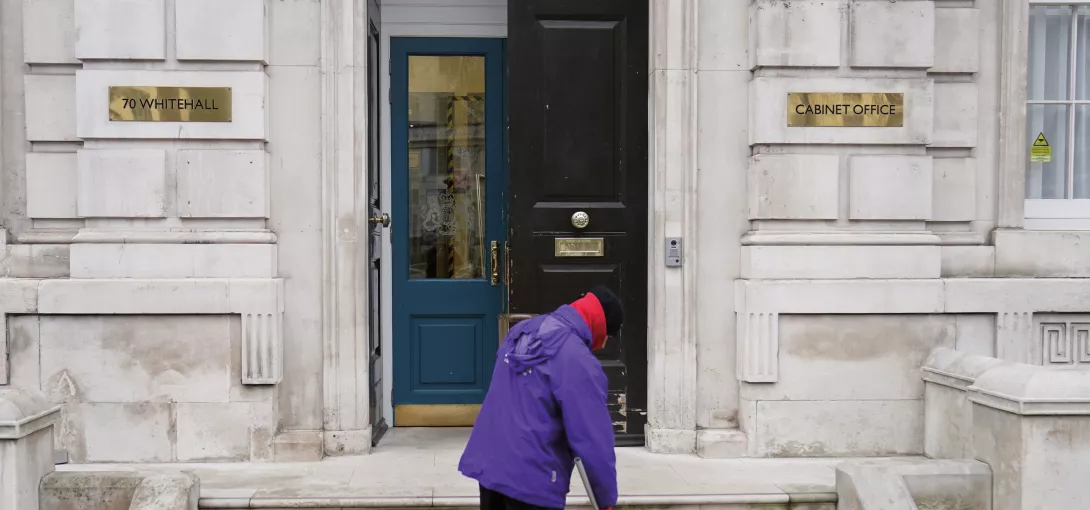
THE public inquiry into the government’s handling of Covid is providing an insight into their shocking ineptitude.
Years of austerity and the resulting public-sector cuts had left the country ill-prepared to deal with a pandemic. This problem was then compounded by a complete refusal by the prime minister and his Cabinet to accept the reality of the crisis facing the nation and by their shambolic failure to react in a way that was necessary to keep the public safe.
Fortunately, the existence of trade unions helped to mitigate the consequences of that ineptitude.
Having seen what was coming, PCS pressed the Cabinet Office early and hard to get as many people working from home as possible. That pressure resulted in over 90 per cent of civil servants working at home during the pandemic period.
Workers adapted brilliantly to the new situation and delivered vital public services that helped keep people safe and the country running, including the delivery of the furlough scheme.
Long before the pandemic ended, PCS pressed the Cabinet Office to recognise that the post-pandemic world of work needed to be very different from what had gone before.
We were clear that workers should be given the maximum choice and flexibility over how and where they do their jobs. We pointed to the individual benefits of a better work-life balance, but also to the potential collective benefits, including reduced carbon footprint and regeneration of local economies.
Our efforts secured a new settlement for workers in the Civil Service, with hybrid working becoming normalised post-pandemic.
It is therefore a deeply disappointing and retrograde step taken by the Cabinet Office in beginning an exercise to push for 60 per cent minimum attendance at workplaces.
No serious rationale has been provided for the move. It is clear that the initiative is being driven by Tory politicians acting in the interests of their backers who are commercial landlords and by the ongoing culture war that they are waging against public-sector workers.
The pandemic had tragic consequences for millions of people. The government promised to build back better. Those words ring completely hollow as they now seek to attack the very public servants whose heroic efforts kept the country afloat in its hour of need.
The move has a range of detrimental practical consequences for all concerned. Some departments do not even have the desk capacity for 60 per cent attendance. Workers with protected characteristics will immediately feel the discriminatory effect of the blanket move.
Furthermore, at a time of serious financial hardship for workers, increased travel costs and other costs associated with workplaces will prove most unwelcome.
As one PCS member sadly put it: “The financial costs of travel are bad enough, but I am terrified of going in more regularly in case someone asks me to go for a pint or a coffee — I’m so embarrassed at the thought of having to tell them I can’t afford it.”
PCS will not allow the advances we have secured for workers to be rolled back. We have issued guidance to our negotiators instructing them to resist any forced attempt to increase numbers at workplaces.
We will shortly be launching an active campaign of resistance among members, including mass grievances and litigation. All options are on the table including industrial action.
The government appears determined to ditch its promises about the post-pandemic settlement. PCS will show the necessary resolve to ensure that it keeps them.
Paul O’Connor is PCS head of bargaining.
